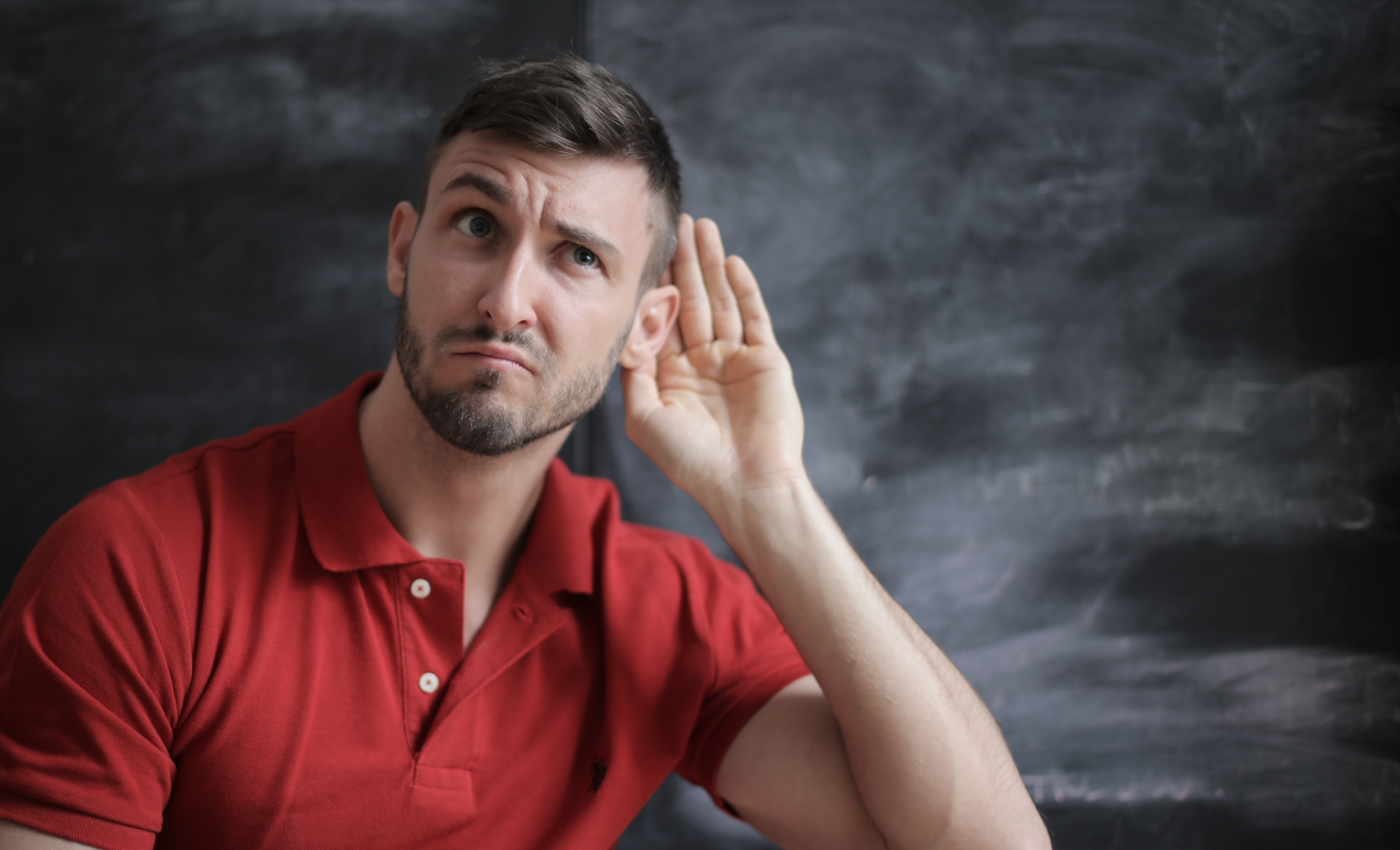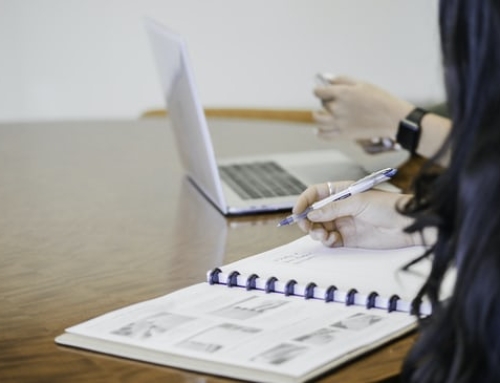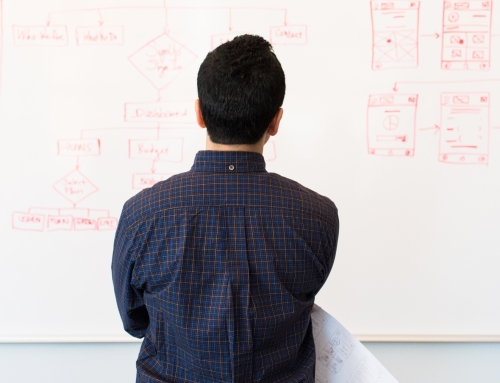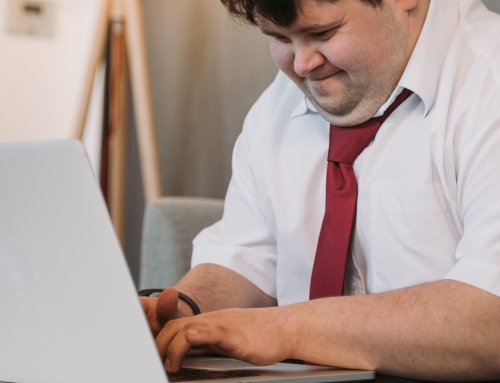Communication is more crucial than ever in today’s high-tech, high-speed, high-stress society, but we seem to spend less and less time genuinely listening to one another. Genuine listening has become a precious commodity—a gift of time. It aids in the development of relationships, the resolution of difficulties, the assurance of understanding, the resolution of conflicts, and the improvement of accuracy. Effective listening at work means fewer mistakes and less time wasted.
Maintain Eye Contact With The Speaker
Eye contact is seen as a necessary component of efficient communication. We communicate by looking one other in the eyes. That isn’t to say you can’t have a conversation from across the room or from another room; nevertheless, if the conversation goes on for too long, you (or the other person) will get up and move. You get together because you want to improve your communication.
Be Alert But Unconcerned
Relax now that you’ve made eye contact. You don’t have to lock your gaze on the other person. You can look away now and then and go about your business as usual. What matters is that you pay attention.

Maintain An Open Mind
Listen without passing judgment on the other person or mentally critiquing what she says. If what she says makes you uncomfortable, feel free to be frightened, but don’t think to yourself, “Well, that was a bad move.” You’ve undermined your usefulness as a listener as soon as you engage in judgmental musings.
Try To Envision What The Speaker Is Saying While You Listen To The Words
Allow your mind to construct a mental representation of the information you’re hearing. If you stay concentrated and your senses are fully aware, your brain will accomplish the necessary job, whether it’s a literal picture or an arrangement of abstract thoughts. Concentrate on and remember crucial words and phrases when listening for long periods of time.












